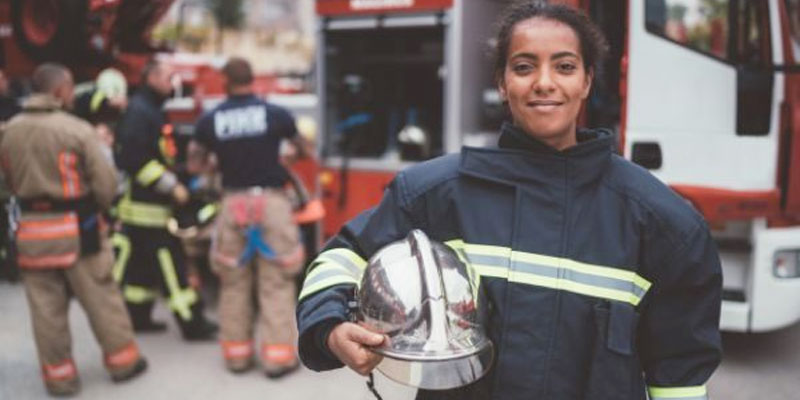We all owe a great debt to first responders. First responders face great risks in their jobs on an everyday basis. Police officers, firefighters, and paramedics never know what types of risks they may be facing when walking into any situation on their job. Unlike most other jobs, first responders face unique challenges due to the impossibility of greatly reducing or even eliminating most on-the-job risks. In recognition of the inherently high risk associated with first responders’ employment, California has some specific legislation concerning workers’ compensation uniquely for first responders.
One type of workers’ compensation law in California specifically for firefighters recognizes that not all injuries for firefighters are immediately apparent. While some injuries may be obvious, such as concussions, burns, or broken bones, there are others they may not be. If a firefighter develops lung cancer, heart disease, tuberculosis, or other lung problems, the injury is presumed to be a work-related injury. This is an assumption that employees in other fields will not receive. Moreover, under Labor Code 4850, a firefighter will be eligible to receive a full salary for up to a year after sustaining a work-related injury. This is different from workers in other industries, who would only be eligible to receive temporary or permanent disability payments, which amount to two-thirds of a regular salary and are capped at a certain amount.
California law was also modified following the tragic mass shooting at the Las Vegas Route 91 Harvest Festival in October 2017. There were 58 people killed in the shooting and 851 were injured. Among those sustaining injuries were four off duty police officers from California. Their workers’ compensation claims were denied because they were off duty and simply attending the concert when they were injured. Labor code 3600.2 was amended in response to this. Under the new law, an employer may cover these types of cases. Moreover, the labor code specifically names those injured in Las Vegas at the mass shooting as being eligible for workers’ compensation benefits. The law states that the law shall not preclude an employer from accepting workers’ compensation liability when an employee is injured while outside of California while attempting to apprehend a suspected law violator or while attempting to protect others.
We have experience assisting our clients understand the various provisions of the California labor code and how it impacts your business. Contact us today for a consultation.

